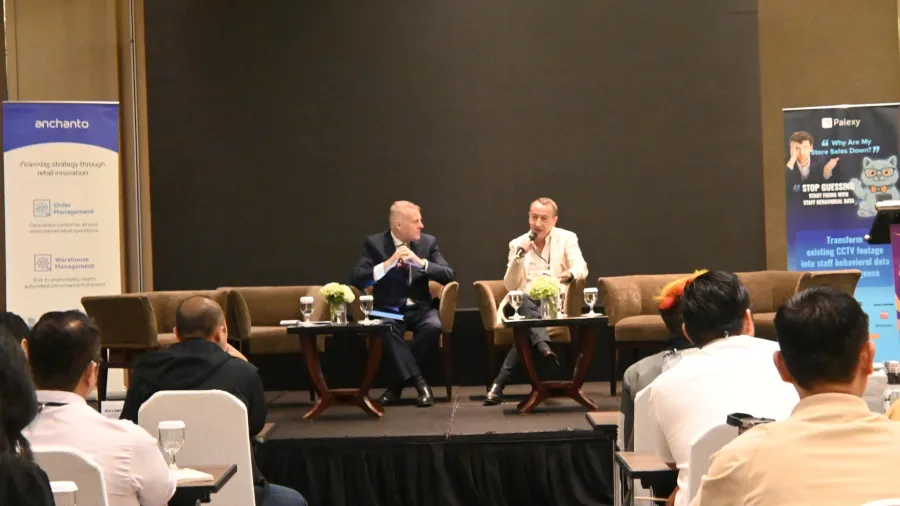
MAP Indonesia targets rising middle class with home and wellness focus
The retailer is targeting 80 million people in the middle-to-premium class.
PT Mitra Adiperkasa Tbk (MAP Indonesia), the retail giant behind more than 150 global brands in Indonesia, including Starbucks and Marks & Spencer, is expanding deeper into home living and health as it targets the nation’s growing middle class.
“Many Indonesians now own homes and apartments, and they want to make those spaces more comfortable,” Anthony Cottan, COO at MAP told Retail Asia during Retail Asia Summit-Indonesia.
In line with the shift, the retailer has brought in Zara Home and recently introduced home appliances under the SharkNinja label.
MAP is also eyeing opportunities in wellness. After entering the pharmacy space through a partnership with Boots, it is exploring further expansion into health products and services.
“We don’t want to lose focus on our core, but we need to stay relevant for Indonesia’s growing middle class,” Cottan said.
Rather than competing in the mass market, MAP is targeting the middle-to-premium class—an audience estimated at 70 to 80 million Indonesians.
Today, the company employs more than 30,000 people and operates 3,700 stores nationwide, managing a brand portfolio that spans sports such as Adidas and Puma; fashion such as Pull & Bear and luxury labels like Loewe; department stores such as SOGO; and tech such as Digimap.
“MAP distinguishes itself through a professional, performance-driven culture who empowers highly qualified talent—both local and international—without micromanagement,” Cottan said. “Each business unit, from F&B to fashion, operates independently and profitably, supported by a shared infrastructure that enhances efficiency across the organization.”
He added that MAP ensures each brand is given tailored focus. “MAP treats each brand with bespoke attention, even in overlapping categories, by assigning dedicated teams and ensuring operational autonomy.”
Since it started as a sportswear retail company in the 1990s, MAP has evolved into a lifestyle retailer. MAP Tech, its e-commerce arm, has grown into the company’s second-biggest business unit in just six years.
“We scaled our digital division rapidly, thanks to strong mall relationships and strategic space allocations,” Cottan said, referring to MAP’s substantial presence in retail centres, where it accounts for as much as 30% of total tenancy in some malls.
While MAP is best known for its physical footprint, its digital growth is accelerating. More than 10% of its revenue now comes from online channels, with the company present on 51 platforms including Shopee, Lazada, TikTok, and Zalora.
“We’re seeing strong O2O behavior,” said Cottan, referring to the online-to-offline shopping trend. “To respond to this, MAP emphasizes seamless experiences across platforms.”
Cottan said Indonesians shop for entertainment, not just necessity, and retailers should deliver experiences, not just transactions. The company is investing in experiential store formats and adaptive marketing campaigns that react to real-time consumer data.
“As a retail company, we only own people's trust,” Cottan said. “That trust is why international brands like Starbucks, Apple, and Loewe partner with MAP to uphold global standards.”

















 Advertise
Advertise







